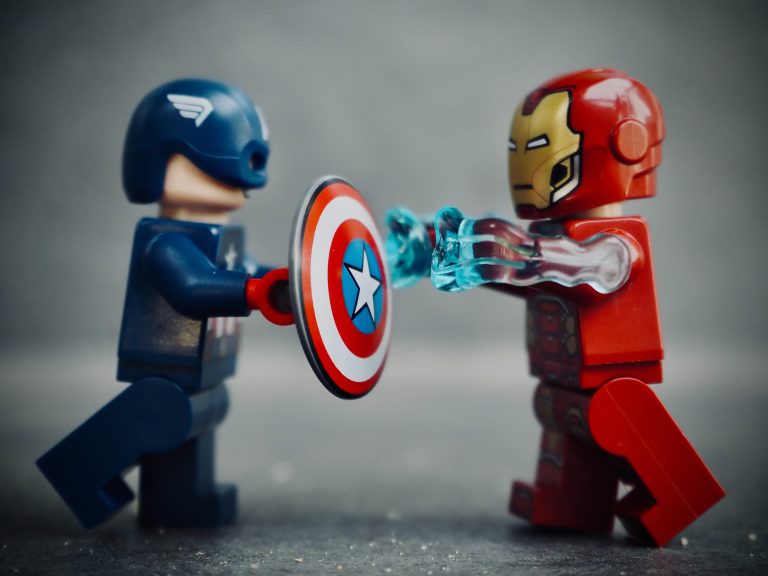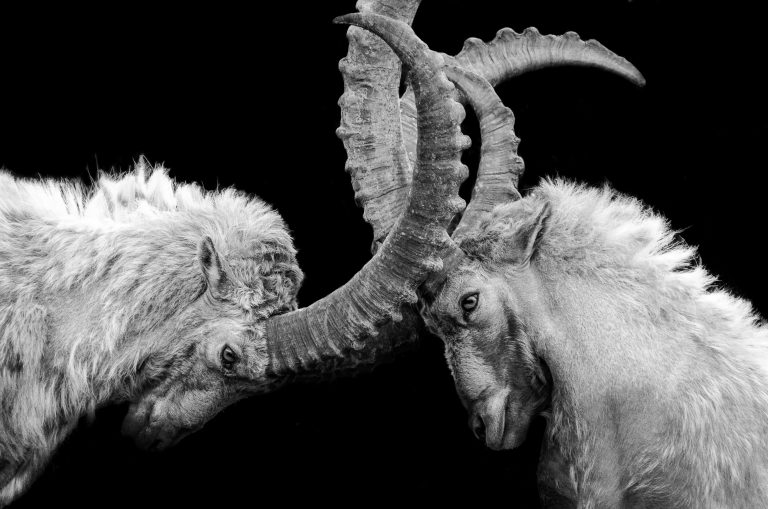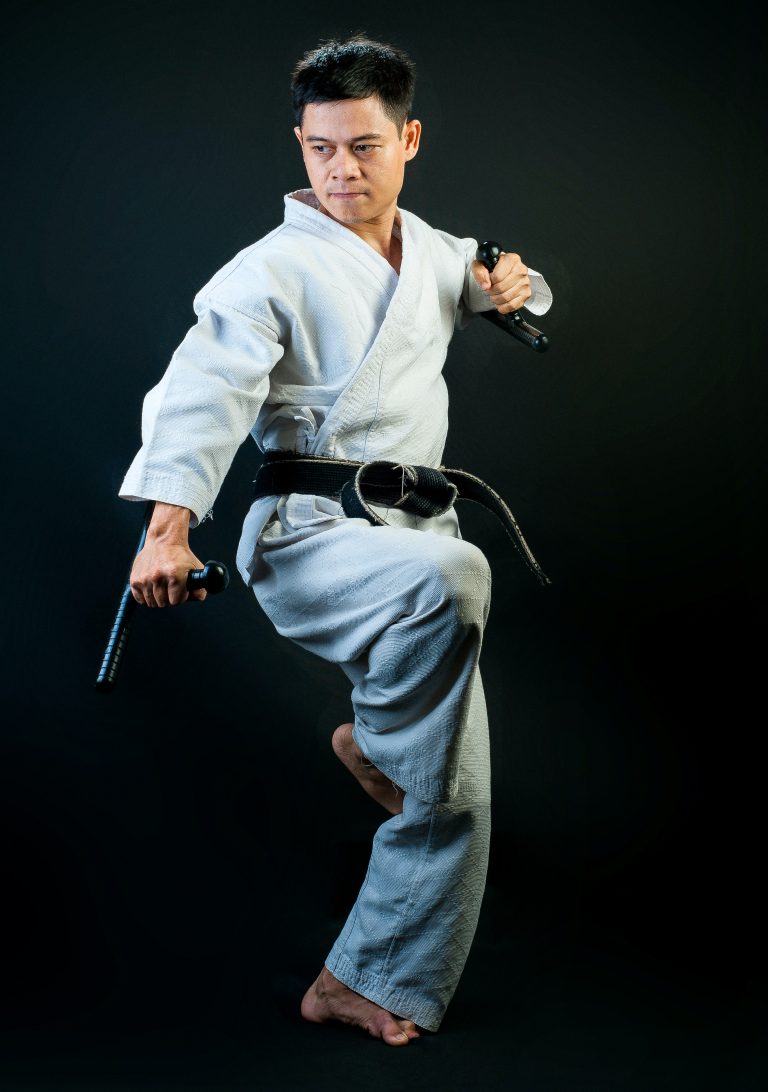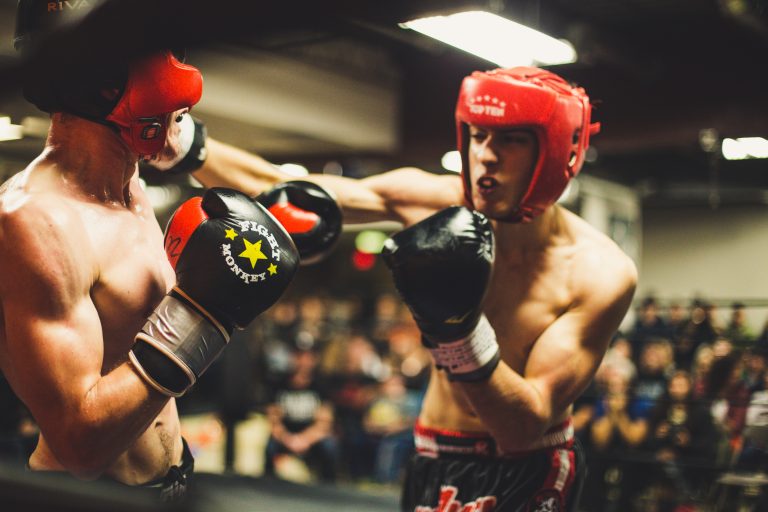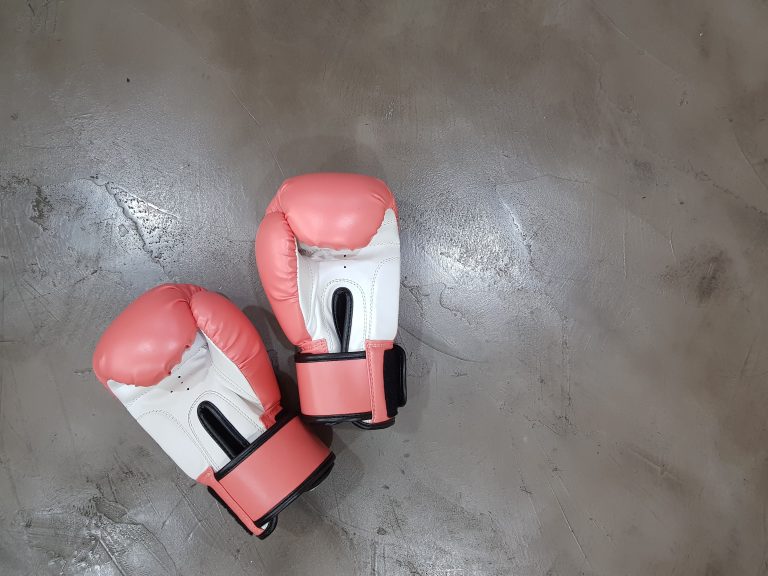What Does Karate Mean in English?
Karate is a popular martial art that originated in Okinawa, Japan. The word „karate“ itself has an interesting etymology, with „kara“ meaning „empty“ and „te“ meaning „hand.“ In English, karate can be translated to mean „empty hand combat.“
Karate was developed as a form of self-defense and fighting system on the Ryukyu Islands. It was influenced by Chinese martial arts such as kung fu and was developed into a unique style by Okinawan practitioners. Today, karate is practiced all over the world by people of all ages, and it has even been included as an Olympic sport.
In this blog post, we will explore the rich history of karate, its significance in Japanese culture, its fundamentals, and its popularity worldwide.
The History of Karate
The roots of karate can be traced back to the Ryukyu Kingdom, which was an independent kingdom that existed from the 15th to the 19th century in what is now known as Okinawa, Japan. The Ryukyu Kingdom had close cultural and trading ties with China, which influenced the development of karate.
Karate was originally known as „toudi“ (meaning „Chinese hand“) and was practiced in secret because it was prohibited by the Ryukyu Kingdom’s government. However, in the early 20th century, karate was introduced to mainland Japan and became popularized. Its popularity grew rapidly in the 1960s and 1970s with the emergence of martial arts films starring Bruce Lee and other martial arts actors.
Since then, karate has been taught and practiced all over the world, and several different styles of karate have emerged. Some of the most popular styles include Shotokan, Goju-Ryu, Shito-Ryu, and Wado-Ryu.
The Significance of Karate in Japanese Culture
Karate is not just a martial art; it is deeply ingrained in Japanese culture. The respect for one’s opponent and emphasis on discipline and humility are considered some of the most important aspects of karate.
Karate has been a part of the physical education curriculum in Japan for many years, and it is often seen as a way to instill these values in young people. It is also considered a way to develop one’s physical and mental strength and to promote overall well-being.
In Japan, karate practitioners are often referred to as „sensei“ (meaning „teacher“) and are highly respected in society. Karate tournaments are also popular events in Japan and are attended by thousands of spectators.
The Fundamentals of Karate
Karate focuses on striking, kicking, punching, and blocking techniques. It also emphasizes physical fitness, flexibility, and mental discipline. In traditional karate, practitioners wear a white uniform called a gi, and belts of different colors represent their level of skill.
Each style of karate has its own set of katas (forms) and techniques that practitioners must learn and master. These katas are a series of movements that simulate a fight against multiple imaginary attackers.
Another fundamental aspect of karate is sparring, which is a type of combat training that simulates a real fight. Sparring is usually practiced with protective gear and under the supervision of a trained instructor.
The Popularity of Karate Worldwide
Karate has become increasingly popular worldwide, with millions of practitioners in countries ranging from the United States to Australia to Brazil. In fact, karate has been included as an Olympic sport since the 2020 Summer Olympics in Tokyo.
Karate is often seen as a way to improve physical fitness, relieve stress, and learn self-defense techniques. It is also a sport that can be practiced by people of all ages and skill levels.
In addition to traditional karate, several variations of the martial art have emerged, including sport karate, which emphasizes competition, and mixed martial arts (MMA), which incorporates techniques from a variety of martial arts styles.
What Does Karate Mean in English: FAQs
If you have just started your journey in Karate, you would want to learn everything about it, including its meaning, history, and practice. One of the most critical questions asked about Karate is, “What does Karate mean in English?” In this article, we will be answering some of the most frequently asked questions on this topic.
What is Karate?
Karate is a form of martial arts that originated in Okinawa, Japan, and is now a popular sport across the world. Karate involves punches, kicks, knee strikes, elbow strikes, and open-hand techniques to subdue the attacker. Karate training also includes self-defense techniques, sparring, and form training.
What Does Karate Mean in English?
Karate is a Japanese word that is made up of two Kanji characters, “kara” meaning „empty“ and “te” meaning „hand“. Therefore, Karate translates to “empty hand” in English.
Why is Karate Called “Empty Hand”?
The name “empty hand” associated with Karate practice comes from its origins in Okinawa. It is believed that the Okinawans used their empty hands to protect themselves when carrying weapons was banned in the region. The term “empty hand” also relates to the philosophy of Karate, where the practitioner is trained to defend themselves without any weapons.
What is the Philosophy of Karate?
The philosophy of Karate is rooted in respect, discipline, and perseverance. Karate practitioners aim to master their skills through hard work, dedication, and constant practice. The philosophy of Karate also emphasizes humility, compassion, and self-control, and encourages practitioners to use their skills only in self-defense and never as a means to initiate violence.
What are the Benefits of Karate?
Karate has numerous physical and mental benefits, making it an excellent martial arts training option for people of all ages. Karate practice helps improve fitness, strength, flexibility, balance, and coordination. It also improves cardiovascular health, strengthens bones and muscles, and helps maintain a healthy weight. Apart from physical health benefits, Karate practice has many mental health benefits too, including stress relief, increased self-confidence, improved focus and concentration, and better overall mental health.
Is Karate a Sport or a Martial Art?
Karate can be considered both a sport and a martial art. In fact, Karate is now included in the Olympics as a sport. However, Karate also has deep roots in self-defense, meditation, and other philosophical aspects that make it a respected martial art.
How Can I Learn Karate?
There are many ways to learn Karate, but the most common method is to join a local Karate school. It is best to choose a school that is affiliated with a recognized governing body, such as the World Karate Federation or USA Karate. These organizations ensure that the school follows standardized training methods and provides quality instruction.
What Should I Expect During My First Karate Class?
During your first Karate class, you can expect to learn basic techniques, forms, and self-defense moves. You will also learn how to bow, stand, and move in different Karate stances. Your instructor will teach you how to perform these moves correctly and safely, and will provide guidance and feedback on your performance.
How Can I Progress in Karate?
Like any martial art, Karate requires dedication, discipline, and constant practice to progress. The next step in Karate training is to earn belts or ranking, which signify a practitioner’s level of proficiency. To progress, one must attend regular classes, practice regularly outside of class, and consistently train with a dedicated mindset.
In conclusion, Karate is a popular martial art and sport that has numerous physical and mental benefits. It is characterized by a strong philosophy of respect, discipline, and self-improvement. By answering some of the most frequently asked questions on the meaning of Karate, we hope to have provided you with valuable information to further expand your knowledge of this martial art.
What Does Karate Mean in English: A Comprehensive Guide
Karate is a popular form of martial arts that originated in Okinawa, Japan. The word „karate“ itself is often translated to mean „empty hand“ or „open hand,“ which refers to the fact that karate practitioners use their hands and feet as their primary way of defending themselves. In this guide, we’ll explore the origins of karate and what the practice entails.
The History of Karate
The history of karate dates back several centuries to the Ryukyu Islands, which is now known as Okinawa, Japan. At the time, the Ryukyu Kingdom was under the control of the Satsuma Domain of Japan and faced a ban on weapons. As a result, the people of Okinawa had to develop their own form of self-defense that relied solely on hand-to-hand combat.
Over time, these self-defense techniques evolved into what we now know as karate. In the early 20th century, karate was introduced to Japan and became popularized around the world.
The Different Styles of Karate
There are several different styles of karate, each with their own unique techniques and philosophies. Some of the most popular styles of karate include:
Shotokan Karate
Shotokan karate is one of the most popular styles of karate around the world. This style is known for its powerful strikes and emphasis on strong stances.
Goju-Ryu Karate
Goju-Ryu karate is a style that emphasizes both hard and soft techniques, making it a versatile and well-rounded style.
Shito-Ryu Karate
Shito-Ryu karate combines elements of both Shotokan and Goju-Ryu styles, making it an excellent choice for those who want a balanced approach to the practice.
Wado-Ryu Karate
Wado-Ryu karate emphasizes the use of body movements and positioning to avoid attacks, making it a style that requires a great deal of agility and technical skill.
What to Expect in a Karate Class
Karate classes typically involve a combination of warm-up exercises, technical drills, and sparring. As a beginner, you’ll likely start with the basics of punching, kicking, and blocking. Over time, you’ll progress to more advanced techniques and may even have the opportunity to earn different colored belts that represent your skill level.
The Benefits of Karate Practice
Practicing karate can have a range of physical and mental health benefits. Some of the key benefits of karate practice include:
Improved Cardiovascular Health
Karate is a great way to get your heart rate up and improve your overall cardiovascular health.
Increased Strength and Flexibility
Karate requires a great deal of physical strength and flexibility, so you can expect to see improvements in both of these areas over time.
Improved Focus and Discipline
Karate requires a great deal of focus and discipline, which can translate to other areas of your life.
Conclusion
Karate is an ancient practice that continues to be popular around the world today. Whether you’re interested in the physical benefits of karate or the mental and emotional benefits, there’s no denying that this practice can have a positive impact on your life. If you’re interested in learning more about the practice, consider taking a class or speaking with a local karate expert.
Inhaltsverzeichnis

